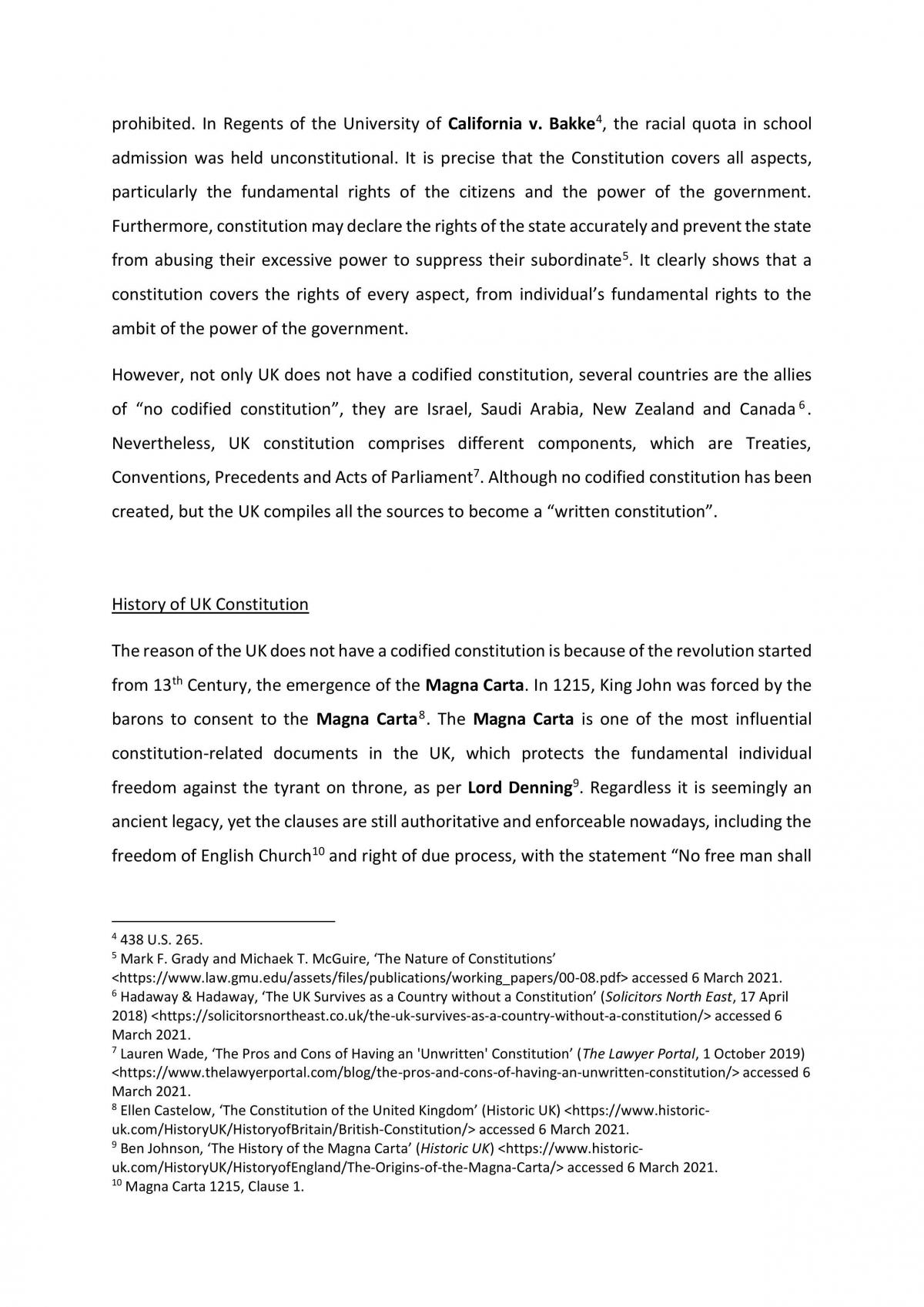Codification refers to the process of organizing and compiling a body of laws into a systematic and comprehensive code or set of codes. This can be done at the national, regional, or local level, and can encompass a wide range of legal areas, such as criminal law, civil law, and commercial law.
There are several advantages to codification. First, it can help to clarify and simplify the law by organizing it in a logical and easy-to-understand format. This can make it easier for laypeople to understand their legal rights and responsibilities, as well as for lawyers and judges to interpret and apply the law.
Second, codification can help to ensure that the law is consistent and up-to-date. By consolidating all relevant laws into a single code, it becomes easier to identify any conflicts or inconsistencies, and to make necessary updates and amendments. This can help to reduce confusion and uncertainty, and promote fairness and predictability in the legal system.
Third, codification can improve access to the law by making it more widely available. By publishing the code in a widely-distributed format, such as a book or online database, it becomes more easily accessible to the public, which can help to promote transparency and accountability in the legal system.
However, there are also several disadvantages to codification. First, the process of codifying the law can be time-consuming and costly, as it requires extensive research and consultation with legal experts. This can be a particular challenge in countries with a large and complex body of laws.
Second, codification can be inflexible, as it can be difficult to make changes or updates to the code once it has been finalized. This can be a problem if the law needs to evolve in response to changing social, economic, or political circumstances.
Third, codification can be seen as overly formal and technical, which can make it difficult for laypeople to understand and apply. This can create a barrier to justice for those who do not have access to legal representation or who do not understand the legal language used in the code.
Overall, codification has both advantages and disadvantages. While it can help to clarify and simplify the law, it can also be time-consuming and inflexible. As with any legal system, it is important to strike a balance between efficiency and flexibility, and to ensure that the law is accessible and understandable to all members of society.







